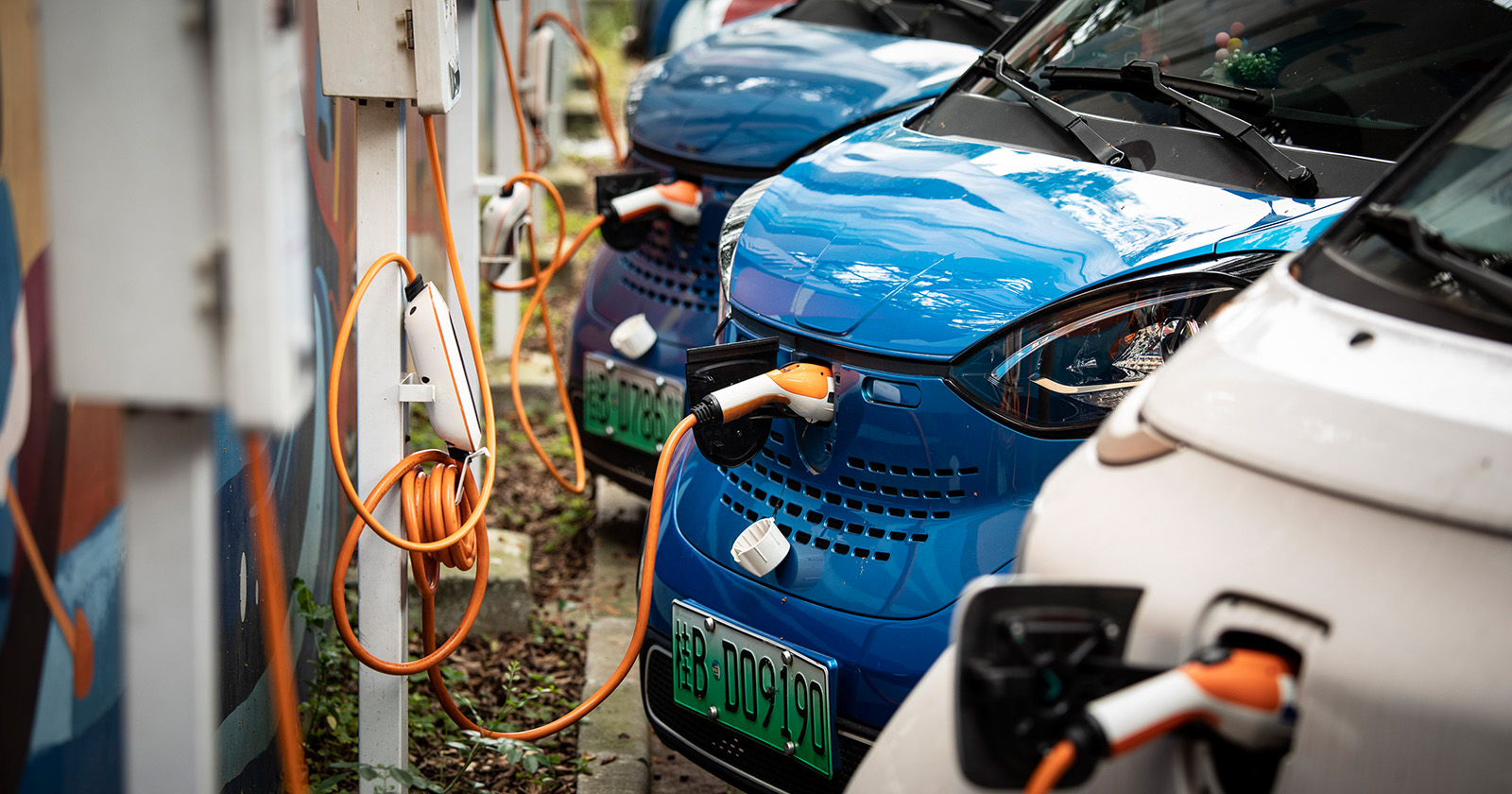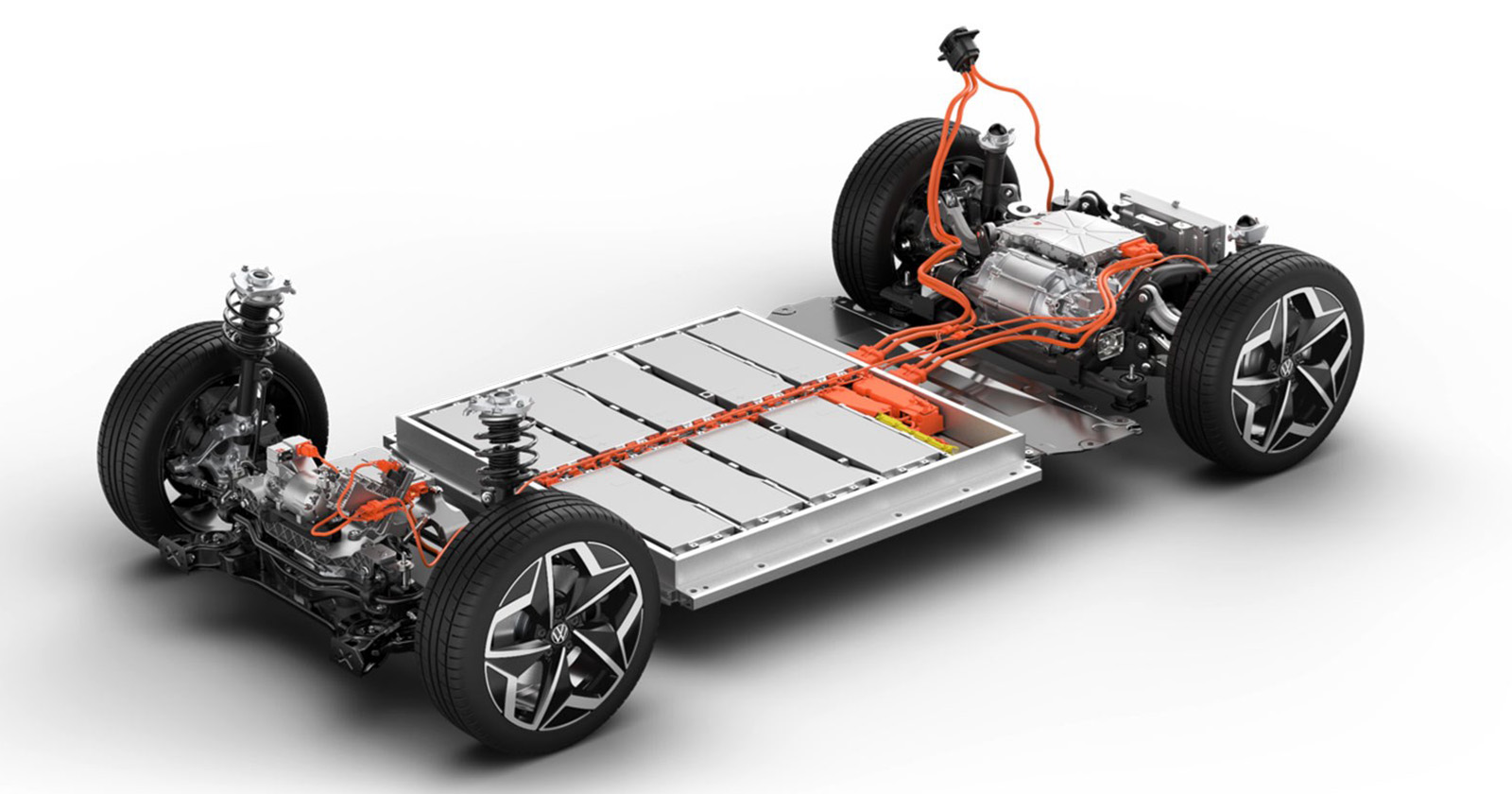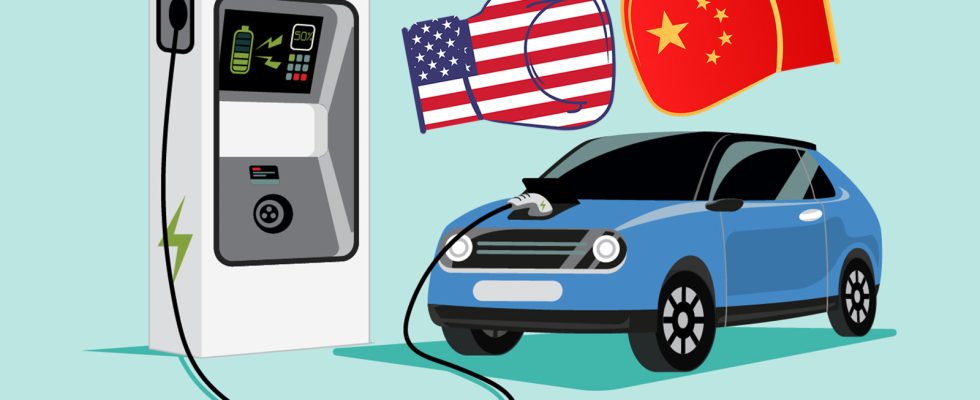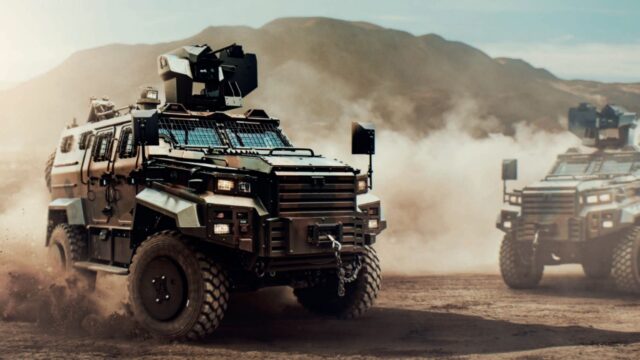The ongoing technology war between the US and China has expanded the battlefield into the electric vehicle (EV) sector, focusing particularly on key components of batteries. Semiconductors have been a major point of contention before.
USA will impose restrictions on those who buy battery materials from abroad
But now the U.S. Treasury and Energy Departments have proposed rules that could limit electric vehicle buyers from claiming tax credits if they use battery materials from China or other countries deemed “hostile” to the United States.

These proposed rules are in line with efforts to reduce U.S. dependence on China’s supply chains, a trend that is accelerating in the era of technological disaggregation. Under President Joe Biden’s climate law, consumers are eligible to receive subsidies of up to $7,500 for electric vehicles manufactured in the United States using predominantly domestic materials.
But rules targeting battery materials from China and certain other countries could hinder Biden’s effort to boost electric vehicle sales as part of his broader plan to cut greenhouse gas emissions by 50% by 2030.
China, Department of Commerce, US rules “It discriminates against Chinese companies and violates WTO rules.” He responded assertively by stating: Depriving Chinese suppliers of US tax benefits is seen as a non-market-oriented policy and practice. This tit-for-tat between the US and China adds another layer of complexity to the already tense relationship between the two economic giants.


The global electric vehicle battery market is dominated by Chinese companies; CATL and BYD accounted for approximately 53% of the world’s electric vehicle battery usage in the first ten months of the year. This move by the USA directly affects its goal of preventing China’s dominance in the rapidly growing electric vehicle sector. China currently has a 58% share of the world electric vehicle market, followed by the USA and Germany.
South Korean battery giants such as LG, Samsung and SK On are seen as potential beneficiaries in an environment of deteriorating US-China relations. But even these companies are grappling with new geopolitical challenges. Although SK On has established battery factories in the US along with Ford and Hyundai, parent company SK Group has expressed concerns about the US keeping battery costs high.
This has led SK On to explore alternative sources for non-Chinese materials as China continues to control much of the global supply chain for electric vehicle batteries, from mining rare minerals to cell production.
While Gotion, BYD and CATL, among others, have strategic plans to manufacture in the US, they face hurdles such as scrutiny from US politicians, as seen in Ford temporarily halting EV battery factory plans with CATL in Michigan.


